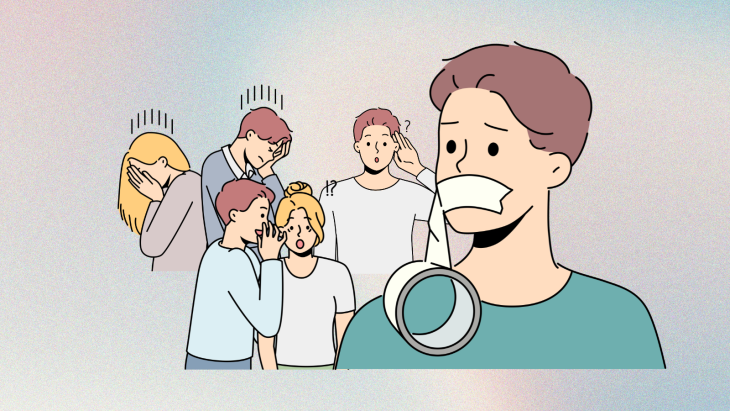Recent Posts
- Escapism. When is it healthy? When is it damaging?
- My parents are now in their 60s. How can I maintain a healthy relationship with them?
- Can we survive a long distance relationship? How do other people do it?
- Hobbies as an adult. Are they necessary?
- Looking at common beliefs on love and connection. Busting relationship myths.
Most Popular
Words kill or give life. What words should I not say to my children to avoid damaging them mentally?

Relationships rely on communication, and that is true to the parent and child connection as well.
Each and every interaction between parents and their children is already a form of communication and it covers words, tone of voice and gestures. Even hugs and kisses, too!
The quality of communication in this relationship teaches the child about their self-esteem and their way of connecting with others around them. It has the power to influence emotional development from a young age and they carry its effects until adulthood.
Thus parents who pursue healthy and effective ways of communication are investing in their child’s future.
How can parent-child communication be effective?
- Learn both verbal and non-verbal communication.
Verbal communication: words used, pitch and tone of voice, dialect or using words that are appropriate to the child’s understanding
Non-verbal communication: facial expressions, use of space, gestures, eye contact, physical touch (For example, hugs and kisses)
- Practice active listening and reflective listening.
Active listening requires parents to ignore possible distractions while listening to the child’s message. Talking to them at eye level and asking follow up and open-ended questions that start with “Why?, How? What?” help parents to connect with them simply by active listening.
It is tempting to interrupt with our own opinions and judgements, but simply reflecting to the child what they said shows that we hear them and we understand. It allows them to open up and share.
- Improve parental warmth.
A study done in the United states looked into the effect of family environment on the development of self-esteem among children and adolescents. Researchers tested parenting behaviors such as:
- Warmth
- Hostility
- Monitoring
- Involvement in the child’s education
- Quality of parental relationship
- Positive family values
- Parental depression
- Economic conditions
One of the highlights they found was that the use of parents’ warmth and monitoring had a significant effect on the child’s self-esteem. Parental warmth is described as acting in a loving, caring, and interested way towards children. It also involves noticing the child’s behavior, emotions, and thoughts and responding in a positive way.
- Model how to set boundaries and expectations.
Boundaries are beneficial in helping parents and children understand and respect each other’s needs. While teaching how to set boundaries, parents also have the chance to teach children about self-awareness and care towards others.
Role-playing with the child about different difficult scenarios they might encounter (How to respond when hit or pushed, how to say no, how to react when feeling uncomfortable, etc.) helps them speak for themselves while being respectful to others.
In addition, the earliest and the easiest way to teach boundaries is through parents modeling the behavior.
A vital part of parent-child communication is creating a healthy relationship with rules. Setting clear rules clearly benefit a child’s emotional and mental development while guiding them to a fulfilling adult life. Talking about and agreeing on household rules increases stronger family values.
- Play.
Communication happens naturally when parents and children do activities that both love; it can be any hobby, games, and outdoor activities. Connection does not have to be serious- both can have great fun!
Working with a family counselor or therapist to help you address family issues might help too.
Encouraging open and authentic communication with your children pays off as it develops your close connection and improves your relationship with them.








Comments